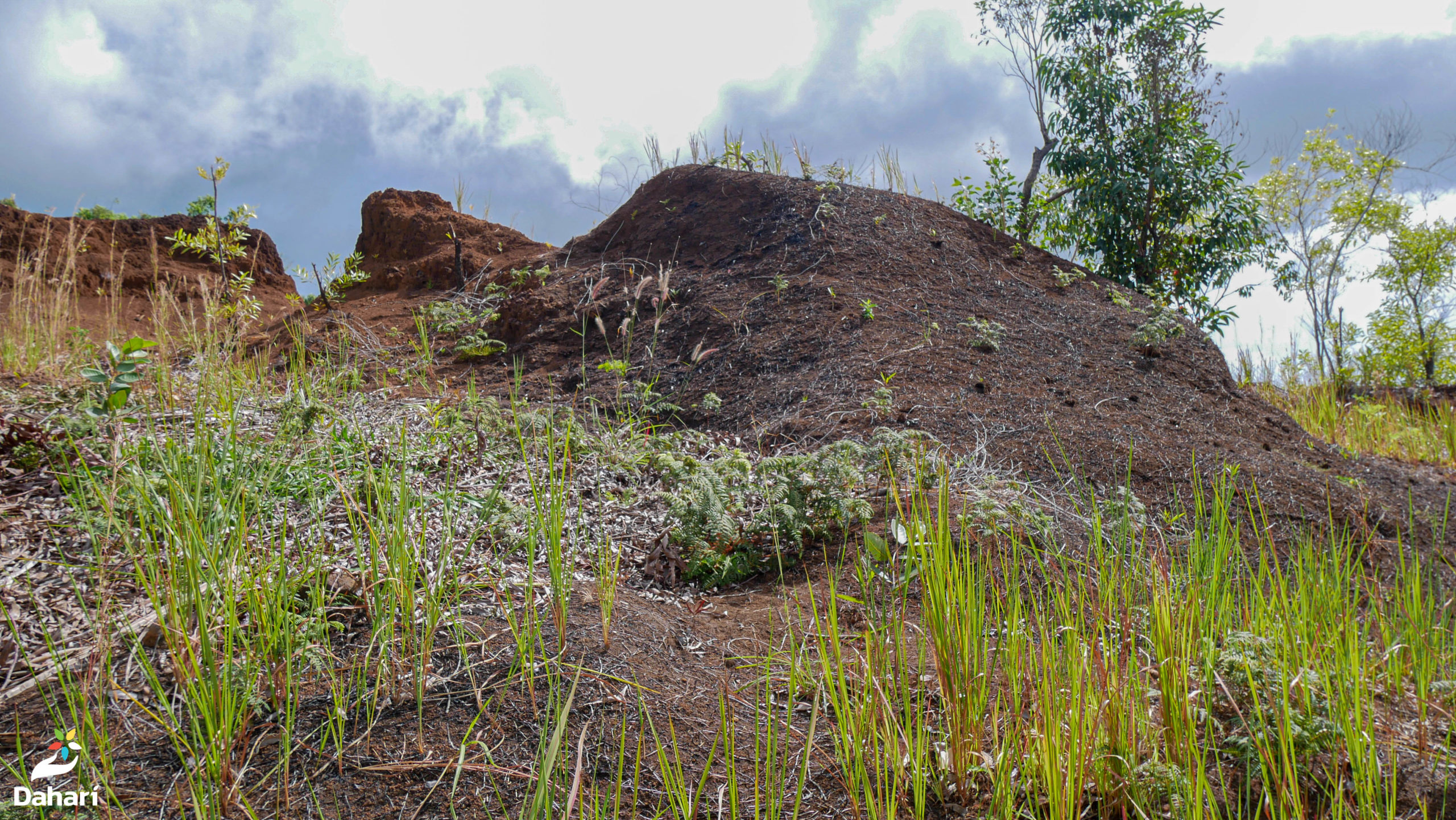The village of Jimilimé, in the north of Anjouan Island (Ndzuani), was opened up in 2009 by a road linking it with the village of Bambao Mtsanga. Unfortunately, the commune has not been able to escape the phenomenon of excessive deforestation of natural environments.
This phenomenon can also be explained by the intensification of unsustainable agricultural activities such as wood cutting for the distillation market. The village currently has more than 20 functional stills. At the entrance to the village, one can observe degraded soils with no tree cover. This is alarming for the inhabitants.
Reforestation campaigns conducted by the NGO Dahari Comores

Since 2018, Dahari Comores has been working with Initiative Développement to support the development of a responsible reforestation project to meet the growing need for wood. This initiative also helps to regenerate the soil to have more cultivable land. It is indeed necessary to find sustainable solutions while implementing a reasoned management of natural resources.
These reforestation campaigns are based on a holistic approach through the implementation of rehabilitation tests on degraded land with a dozen farmers. Each year, 30,000 trees are planted and monitored in the village.
Since 2015, Dahari’ s management of the reforestation campaign is part of a policy to preserve the environment: natural water resources in Jimilimé and the Moya forest watersheds. These actions also help to fight against erosion and climate change with the support of the communities. These actions also contribute to efforts to conserve important areas for biodiversity such as the Livingstone bat roosts, an endangered species.

In all the villages, it also allows farmers and groups accompanied by Dahari Comores to be trained in agroforestry and tree planting in their plots. These practices generate products that are as diverse as they are useful (fodder, medicines, etc.) while benefiting the ecosystems (fertilisation, protection of natural water resources, etc.).
The youth of Jimilimé are also committed to the environment and biodiversity through these reforestation campaigns
After graduating from the University of Comoros (Patsy site in Anjouan), Moumine, a 33-year-old Comorian, returns to his native village to work the land. According to him, the country’s unemployment rate is high and it is difficult to get a job in the civil service. So he took a plot of land of about three hectares belonging to his mother to start his farming projects. His family members told him that ‘ this land is no longer land, you should not waste your time’.

After a visit with Dahari’stechnicians, he shares his memories of this plot, which was forested with fast-growing forest species. This plot, which was once used for food crop production, is now difficult to use.
Moumine agreed to be one of the first volunteers to take part in the project to rehabilitate degraded land. He alone planted 600 trees between 2018 and 2020 . These include grevillea, gliricidia, fir, rain tree as well as filao and blackwood. These are fast-growing species for soil conservation. This first experience with Moumine has enabled Dahari to optimise reforestation management by adapting these trees to the area.
These plantations have been monitored since the start of the project. The survival rate of the trees is close to 80%: a particularly good result. A follow-up of several years will allow to confirm the first results of the rehabilitation of degraded lands. Moumine is committed to doing his best to make his plot a model for other farmers in the village. Over the seasons, he hopes that this news will motivate them to rehabilitate other hectares of degraded and abandoned land.
Check out our blog posts for more information on the importance of biodiversity in Comoros!

